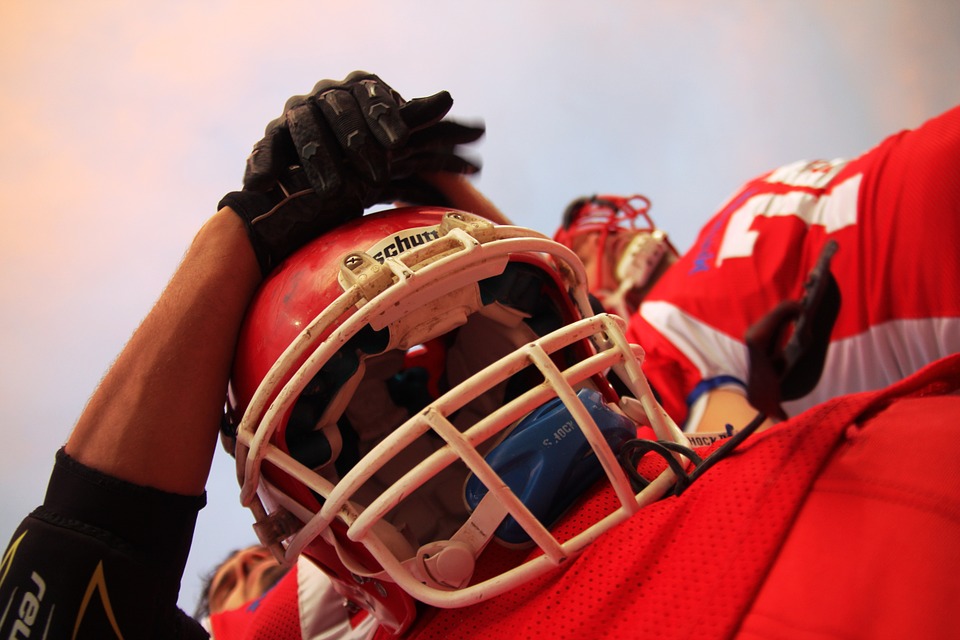News
Athletes with ADHD may be at extra risk for depression and anxiety after concussion

A new small study suggests athletes with attention-deficit/hyperactivity disorder (ADHD) may face unique challenges after a concussion, including increased risk of developing depression and anxiety symptoms.
According to the findings, recently presented at an American Academy of Neurology conference in Indianapolis, college athletes with a history of both ADHD and concussion showed significantly higher scores on a measure of depression and anxiety, when compared to both athletes without ADHD and those with no history of concussion.
Past research has found a complicated relationship between ADHD and concussions, and these findings provide context that may help better understand this link. However, it does not definitively clarify the ties between the two conditions.
For the study, lead researcher Robert Davis Moore from the University of South Carolina explains the team evaluated almost 1,000 athletes – but only once. That means it is unclear whether those with ADHD had struggled with anxiety or depression before their concussion.
“This study is a starting point,” Moore said. “It tells us this is something that requires longitudinal studies.” Longitudinal studies are those that follow participants over time, allowing researchers to observe changes as they occur.
In this study, the team evaluated 979 athletes at USC and divided them into four groups: athletes with ADHD and a past brain injury, those with ADHD and no concussion history, those with a past concussion and no ADHD, and those with neither of the conditions.
Overall, the athletes with both ADHD and a history of concussion scored higher on questionnaires measuring depression and anxiety symptoms. While the other three groups all averaged a score of 16 on depression tests, those with both conditions averaged a score of 26. Similarly, the other groups averaged 33 on a measure of anxiety, while those with concussion and ADHD averaged a score of 42.
Notably, none of those average scores reach the threshold for diagnosing clinical depression or anxiety, but they did indicate a higher risk for the athletes with both conditions. If you or a loved one are experiencing mental health challenges after a concussion or need support in managing ADHD symptoms, seek help from Laburnum Psychology for personalized guidance and treatment options.
These findings raise concern and will likely spur future studies, but Moore urges young athletes and their parents to take the report with a grain of salt until more information is gathered.
“Don’t panic,” said Moore. “This doesn’t mean that if you sustain a concussion, you’re destined to have long-term depression or anxiety.” However, it may be pertinent to provide more careful monitoring of athletes with ADHD after a brain injury.



